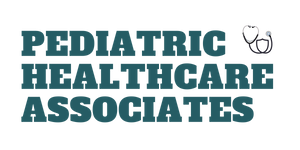Swimming Safety for Kids—How PHCA Altoona Empowers Families to Prevent Drowning
Swimming is a cherished activity for children, offering fun, exercise, and important life skills. However, water also presents real risks—drowning is the leading cause of injury-related death among children ages 1 to 4 and remains a significant hazard for older children and teens14. Pediatric care providers like PHCA Altoona play a vital role in educating families, supporting prevention strategies, and ensuring every child’s safety around water.
Why Drowning Prevention Matters
Drowning can happen quickly and silently, often in less than 20 seconds and in as little as 1-2 inches of water34. It’s not limited to swimming pools; bathtubs, wading pools, buckets, and even sinks can be dangerous, especially for infants and toddlers. Children with certain conditions, such as autism, are at even higher risk3. That’s why Altoona pediatric specialists stress the importance of vigilance and layered safety measures for every family.
The Role of Pediatric Care in Water Safety
PHCA Altoona’s healthcare pediatric team integrates drowning prevention counseling into every stage of child development. During pediatric appointments, providers discuss water safety tailored to your child’s age, abilities, and environment. This anticipatory guidance is proven to increase caregiver awareness and the use of effective strategies2.
Key Topics Covered in Pediatric Visits
- Home water hazards: Guidance on securing bathrooms, emptying buckets, and using toilet locks for infants and toddlers.
- Pool safety: Information on installing four-sided fencing, pool alarms, and the importance of constant, attentive supervision134.
- Readiness for swim lessons: Assessing when your child is developmentally prepared to start lessons, a discussion best had with your medical pediatric provider.
- Life jackets and open water: Advice on proper use of life jackets for lakes, rivers, and boating.
- Emergency preparedness: Encouragement for parents and caregivers to learn CPR and basic water rescue skills.
Practical Steps for Drowning Prevention
- Supervision:
Never leave children unattended near water, not even for a moment. “Touch supervision”—staying within arm’s reach—is essential for infants and young children34. Other caregivers should understand your family’s pool rules and be trained in water safety. - Barriers:
Install four-sided fencing around pools, at least four feet high, with self-closing, self-latching gates. Remove toys and ladders when pools are not in use, and always empty wading pools after play13. - Swim Lessons:
PHCA Altoona’s medical pediatricsteam can help determine when your child is ready for swim lessons. Research shows that lessons starting around age one can reduce drowning risk, but no lesson can “drown-proof” a child45. Programs should teach water competency, including floating, treading water, and exiting the pool safely. - Life Jackets:
Children and teens should wear life jackets near open water, regardless of swimming ability. Inflatable toys and foam noodles are not substitutes for certified flotation devices34. - Emergency Response:
All parents and caregivers are encouraged to get CPR certified. PHCA Altoona offers resources and recommendations for local classes during acute care pediatricsvisits.
Special Considerations for Infants and Children with Special Needs
For families with infants, PHCA Altoona’s healthcare for infants specialists provide guidance on safe bathing, bathroom security, and the unique risks for babies. Children with developmental differences may require additional precautions and individualized swimming instruction, which your pediatric physician can help coordinate.
Same Day Sick Appointments and Ongoing Support
Accidents and close calls can be frightening. PHCA Altoona provides same day sick appointments for urgent concerns related to water incidents, ensuring prompt evaluation and peace of mind.
Building Lifelong Safety Habits
Drowning prevention isn’t a one-time lesson—it’s an ongoing conversation. PHCA Altoona’s associates in pediatrics and pediatrics health associates are dedicated to helping families build safe habits, from the first bath to independent swimming.
Ready to make water safety a priority? Schedule a pediatric appointment with PHCA Altoona to discuss swimming, drowning prevention, and all your child’s health needs. With expert guidance, your family can enjoy the water with confidence and safety.







